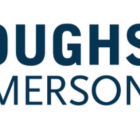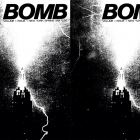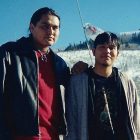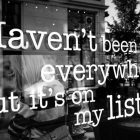Non-Writing Things That Nevertheless Help Me Write: Music
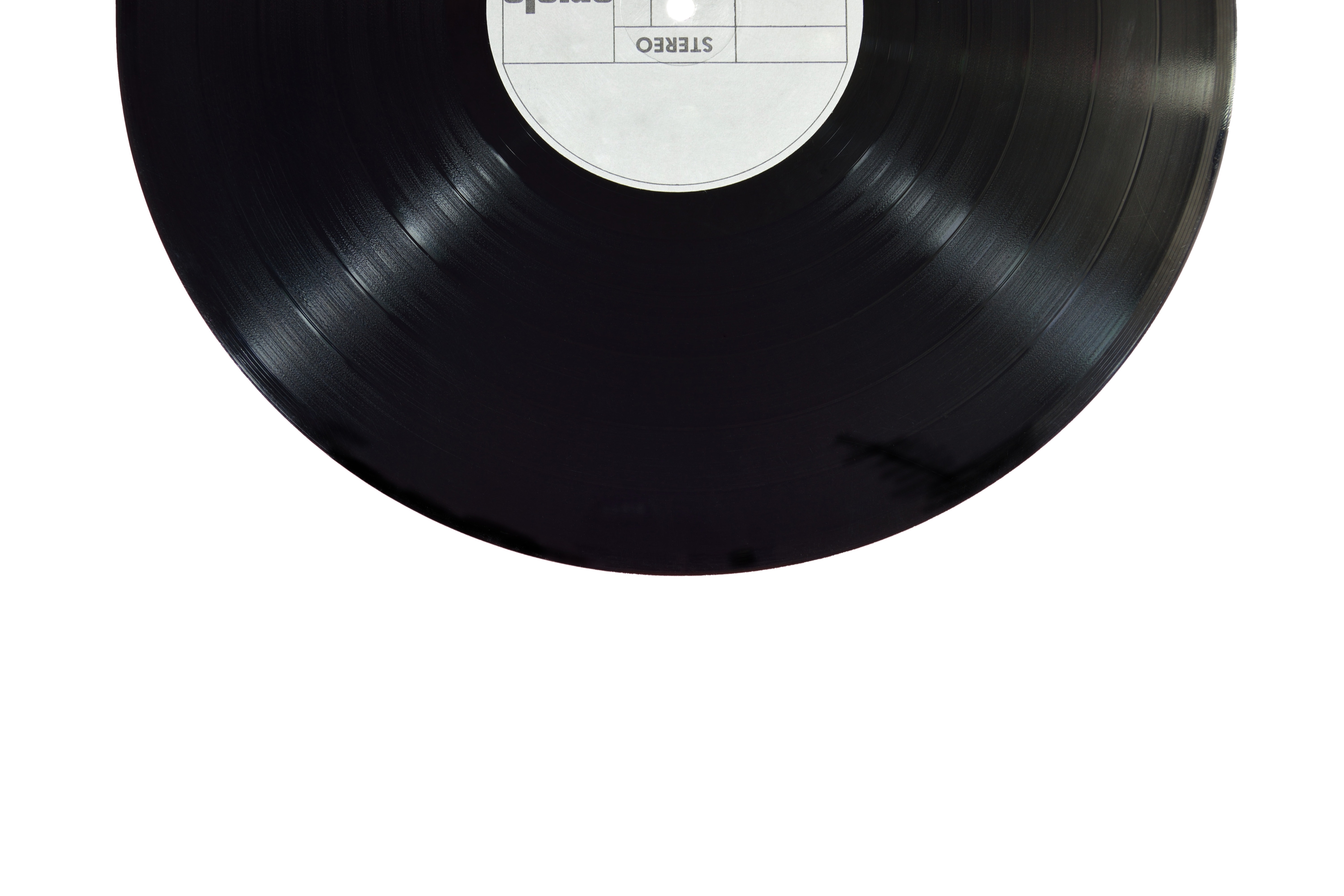
When I told a friend my idea for these posts, she said, “That’s great. Post 1: beer. Post 2: scotch.” This rather snarky answer actually reinforced one of my goals for these admittedly egotistical pieces: All writers have their crutches and vices, and while alcohol is often one of them, there are others. I swear.
I’d also like to discuss the fact that while reading books and short stories inspires me a great deal, it’s only part of what makes me want to write. It’s fine for people to imagine me (though why one would ever imagine me at all is beyond me, but please go with it) sitting in an oak-paneled library surrounded by leather-bound tomes, chewing thoughtfully on a quill as I read through the fictions of the day, and of course, I do. Like many, I have been critical of the sudden proliferation of aspiring writers who don’t like to read. However, I get inspiration from music, movies, art, and even, gasp, television. Writers don’t have to look down on all other forms of art. Reading is, by far, the best way to learn to be a writer, but it can be supplemented by other, more lowly forms of expression. Music
My classes are often surprised to hear that I listen to music while I write. I know some writers who take a monastic approach to their time at the keyboard, but for the most part, I think the majority of writers I know have something playing in the background. (Largehearted Boy’s excellent and fascinating “Book Notes” reinforces this belief.) My time is so segmented and chopped up that I may only have half an hour at a stretch to get something done. I’ve tried the Hemingway thing and stopped writing mid-sentence so there’s no choice when I sit back down but to finish that sentence, and that hopefully flows into another and another. Still, I would find myself looking at half a sentence with little idea of the emotion I had when my work was interrupted. I would keep writing, but I would always be able to tell when I left off and continued because the tone would invariably change. Between the Hemingway mid-sentence stop and jotting down the last few broad thoughts in my head (a recent, honest-to-goodness example: “Goes to dentist,” “finds magazine,” “Calls George.”) my reentry time shrunk considerably, but it wasn’t until I wrote down whatever piece of music I’d been listening to or created a playlist specifically for each story or chapter that I found that I could lasso the emotion and access it.
I was fortunate enough to once have a workshop with John Casey, author of the amazing Spartina, and he encouraged me to act out the physical gestures of my novel, which would ensure their accuracy and clarity. This is excellent advice, and I connect it to the process of listening to music, because the act of writing is a tiny bit like acting in private: the putting on of a new guise, the transference of emotion. I find that I need to be in such a specific headspace to write, and music often gets me there. Much of the time, I listen to a few songs and then turn the music off once I get going. Sometimes, I sit and stare at the screen for two or three songs, waiting for something to wash over me.
Case Study: My Novel
Right now, I have eight different playlists for my novel on my computer. (I’ve been too busy to get too deep into Spotify, but I do have one there, as well.) I have either erased or lost at least four others. Once you’ve been working on a novel for as long as I have, hearing Bob Dylan sing about Billy the Kid for the hundredth time is going to elicit an emotion (irritation) that’s different from its original intent (inspiration).
When I first started the novel, which is set in upstate New York in 1897 and contains a great amount of violence and danger, I chose songs that sounded old-timey and dark. (I don’t know about you, but I find the pop music of the 1890’s to be a little vapid, so that was out. “Bicycle Built for Two” was the “Baby” of its time.) These songs were vaguely country. Fortunately, this wasn’t that hard, as artists like Johnny Cash, Dylan, Neko Case, M. Ward, The Felice Brothers, My Morning Jacket, Deer Tick, Sixteen Horsepower, A.A. Bondy, Bright Eyes, Bonnie “Prince” Billy, etc. all fit the bill for at least a song or two. I supplemented this with scores to old movies that were also vaguely country-ish and dark.
I went to the Millay Colony one spring, and because the environment evoked the novel so easily (example: I ran up a mountain every day, like Rocky, though the snow wasn’t quite as deep), I turned to music that simply evoked emotion in me, which varied from the stuff I loved at the time (LCD Soundsystem) to stuff I listened to as a sullen teenager (Joy Division, The Cure). I finished a solid draft there, editing and writing a good hundred-plus new pages.
At Yaddo, the setting—an isolated spot in upstate New York where seemingly everything is from the 1890’s—fit my book so completely that music became somewhat of an afterthought for the first time. The album I was obsessed with—Deerhunter’s Halcyon Digest—distracted me from my editing because I ended up listening to the lyrics too much, and after a time I would think to myself, I don’t think I’ve written anything in the last thirty minutes. Instead, I listened to the music of the composers who were also at Yaddo, and largely wordless hip-hop and electronic music (J. Dilla, Daft Punk, El-P, DJ Shadow, etc.). A composer had the room next to mine, and once silent hours were over, if I opened the doors to my closet, the music would come into my room, muffled and soft, but beautiful nonetheless. My best work was done there.
I don’t listen to music all the time, of course. Sometimes the emotion never leaves me, especially at a residency, and I listen, instead, to the sound of the leaves or the distant hum of the highway.
The world is such a noisy place that the idea of predictable sounds, pleasing sounds even, actually helping your concentration level isn’t very farfetched. I wonder if there’s a Pavlovian response that can happen, where, say, every time I hear Aphex Twin’s “Windowlicker,” I spontaneously edit whatever’s nearby: subway signs, nutritional information. Unfortunately, this isn’t the case yet, but there is some half-way point, some trance-like state that music helps access, where I’m only dimly aware of everything—the room around me, the music, the sound of my fingers on the keys—and the words just flow.
